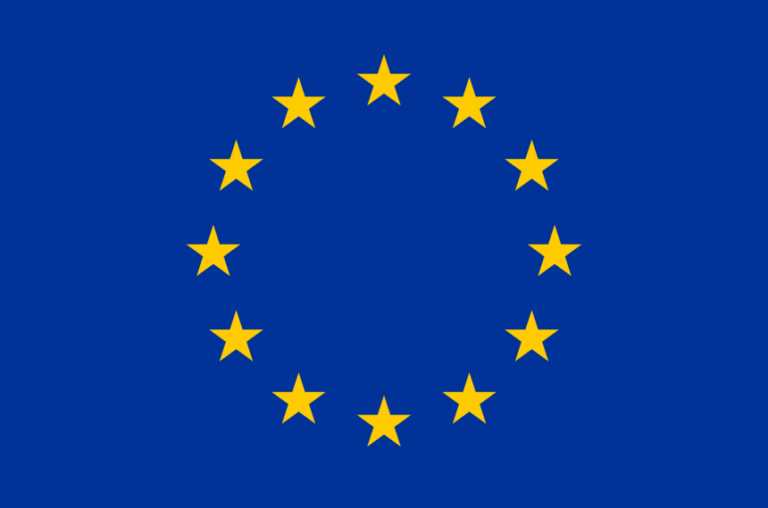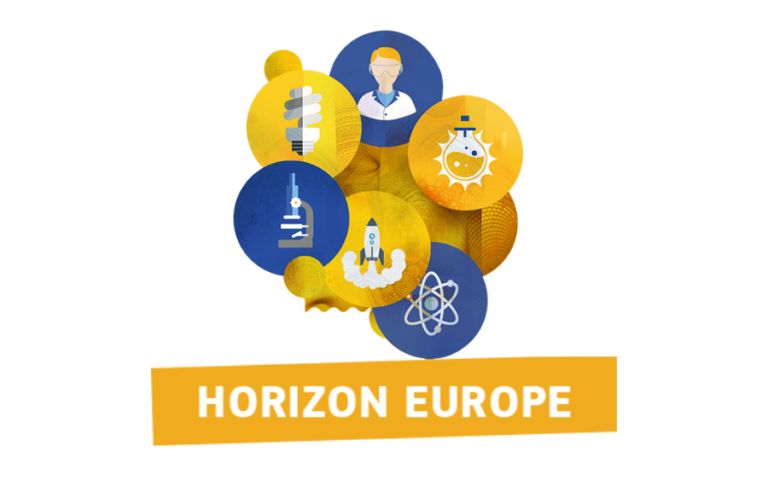
Center for the collective use of scientific equipment
Center for the collective use of scientific equipment in Medical Institute
Biomedical research center
RESEARCH PROJECTS:
Overall Budget: 1 357 000 EUR
SSU budget: 248 400 EUR
Project Duration: 2022-2026
Principal Investigator: Dr. Sergiy Kyrylenko, PhD
Partner organizations:
- University of Latvia (Prof. Maksym Pogorielov)
- Sumy State University (Dr. Viktoriia Korniienko)
- Universita degli studi di Padova (Dr. Lucia Gemma Delogu)
- Ankara University (Dr. Acelya Yilmazer Aktuna)
- Trinity College Dublin (Prof. Valeria Nicolosi)
- University of Novi Sad (Prof. Goran Stojanovic)
- UNIVERSITAETSKLINIKUM ESSEN (Dr. Bernhard Singer)
- Material Research Center (Dr. Alexei Gogotsi)
- Cambridge Raman Imaging (Prof. Giulio Nicola Felice Cerullo)
- YOURSCIENCEBC LIMITED (Dr. Carlo Saverio Iorio)
- La-Jolla Institute for Immunology
- Drexel University
- King Abdullah University of Science and Technology
- University of Manitoba
Principal Investigator from SSU: Dr. Viktoriia Korniienko
Short description
MX-MAP project is targeted to build strong international, interdisciplinary and inter-sectoral cooperation to provide joint research and innovative activities to fostering international knowledge exchange and advancing in the emerging area of nanomaterial development and their applications in biomedicine.
The project will develop a functional pipeline for the immune characterization of an innovative class of two-dimensional (2D) materials named transition metal carbides/carbonitrides (MXenes), for the qualitative and quantitative assessment in vitro and ex vivo of the human immune compatibility and immune activity of newly developed materials towards biomedical applications.
MX-MAP consortium will put together experts in fields of chemistry, material science, nanotechnology, immunology, biology, high-throughput microscopy, photonics and medicine with the aim of overcoming current limitations in a variety of therapeutic approaches, including cancer photothermal therapy (PTT), photodynamic therapy (PDT), targeted drug delivery, regenerative medicine, and antibacterial strategies.
The new international network will include academic and industrial partners from EU MS (Italy, Germany, Latvia, Ireland), associated countries (Turkey, Serbia, and Ukraine) with involvement of associate academic partners from Third countries (USA, Canada, and Saudi Arabia) that will enable effective project realization, dissemination and worldwide exploitation.
The main goal of the MX-MAP project is to facilitate R&I activities with complementary competences of participant organizations for development of new effective biomedical strategies using innovative biocompatible 2D materials with specific application-oriented immune modulatory properties.
To achieve the project aims, we will build an international and inter-sectoral network covering all of the technical aspects needed, from materials development to characterization of MXenes, their biological functionality, bio- and immuno-compatibility as well as an assessment of the MXene-based biomedical strategies both in vitro and in vivo. The research training network will be focused on interdisciplinary and cross-sectoral cooperation with the active involvement of early-stage researchers (ESRs) to facilitate their future careers in Academia and Industry. The Project will build a complementary network among chemists, material scientists, engineers, physicist, biologists, immunologists and medical specialists to produce innovation-oriented nanoplatforms for biomedical strategies. Training will focus on transfer of knowledge between sectors and disciplines, including research, industrial and management skills.
Interdisciplinary and inter-sectoral secondment will be the main tool for project realization with the aim of strengthening research, training, communication and networking capacities of participant organizations and knowledge transfer from academia to industry and vice versa. Proposed research and training goals will lead to increase research, transferable skills, and competences of ESRs with aim to improve employability and career perspectives in both academic and industrial sectors. Public dissemination of new research results will increase the awareness of general society on the role of research and researchers in development of the EU as a leading destination for R&I.

